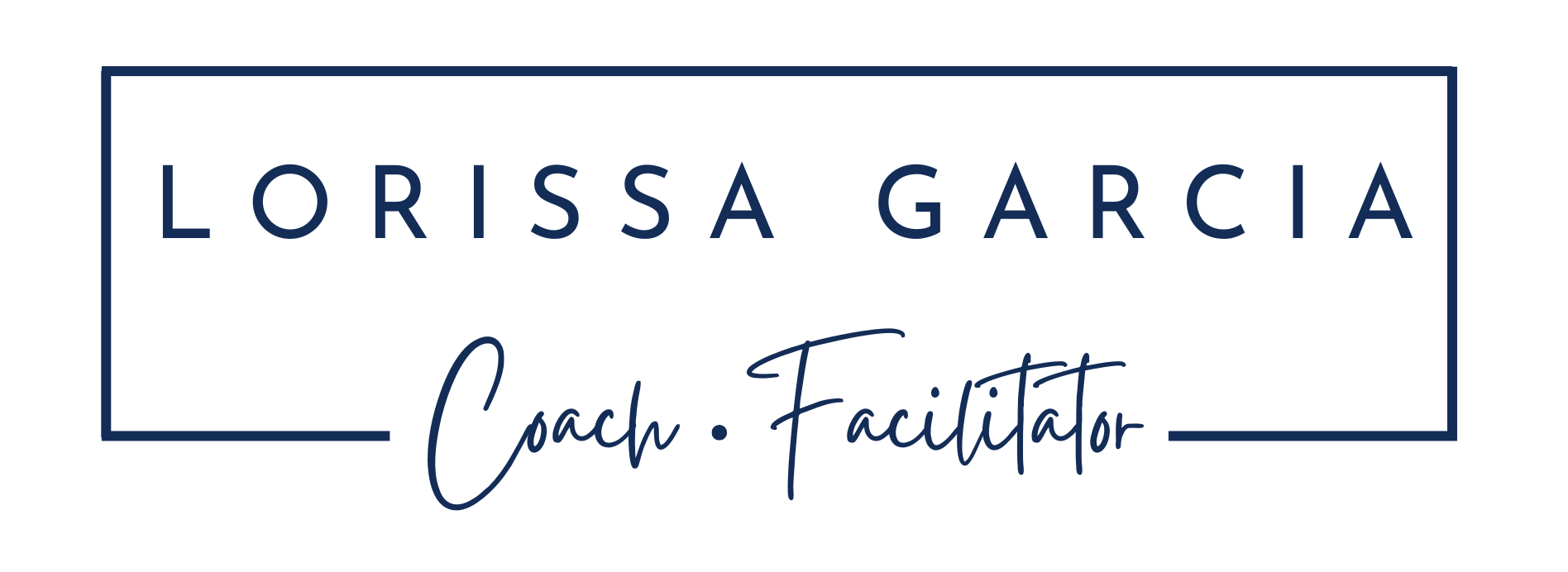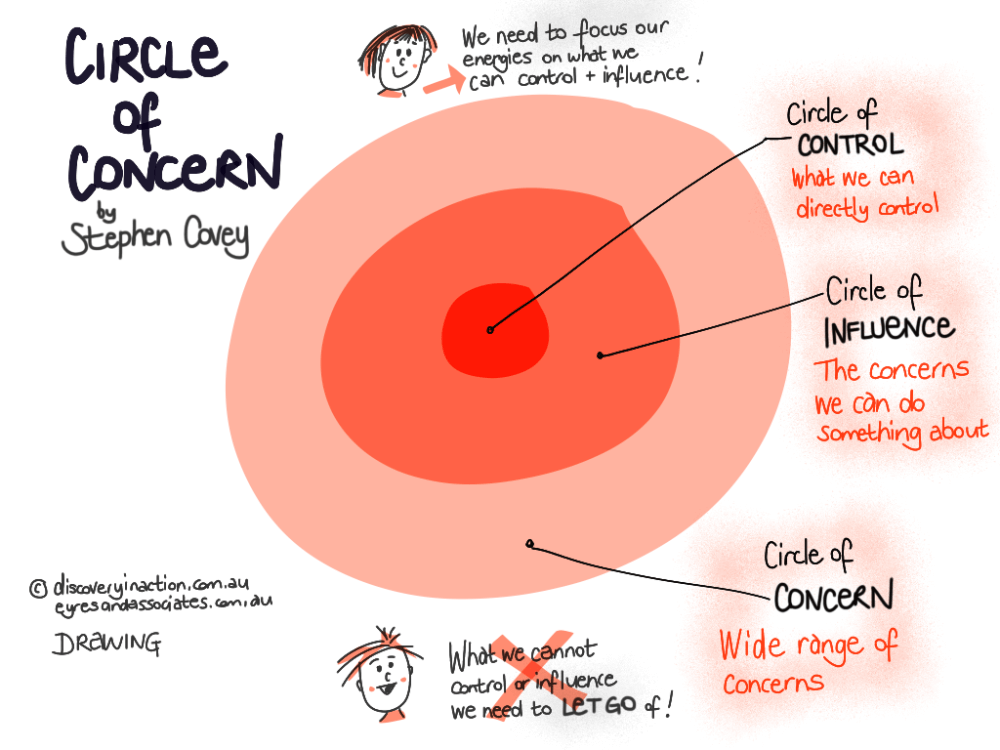If you are from Melbourne Australia, you know how lucky we are to have the Australian Open on our doorstep. Now I am not a big fan of tennis, but I do like to watch live games and be around the atmosphere of the Open.
You might be wondering why I’m talking about tennis, a game of which I hardly know the rules of, and may not even be of interest to you.
It’s because tennis has a direct link to employee performance in organisations….. Stay with me.
Let me provide you a common performance issue I hear about with leaders ALOT;
- Leader has a direct report that had been performing beautifully
- At some time, there was a shift and said report is no longer meeting expectation
- Leader is reluctant to address issue at the risk of upsetting the direct report
- Leader might lack the skills to have a conversation about performance
- The relationship is being affected, trust & confidence is declining, motivation is waning
- As time goes on, the underperformance is affecting the team and deliverables
A breakthrough moment of leadership understanding happened for me when I came across an equation from Timothy Gallwey, author of The Inner Game of Tennis.
Gallwey proposes this: P = p – i (Performance = potential minus interferences)
In simple words, your performance is equal to your infinite potential, minus the things that are holding you back – the interferences. The interferences can literally stop you from living up to your potential, and therefore, great performance.
When it comes to solid performance, the leader has to take into consideration the potential of their direct report (in this case it had been great historically) and the interferences that may be present, causing the performance to be impacted. Where the interferences are intense or protracted over time, potential may or may not necessarily be changed, but performance will certainly be impacted.
Interferences can look like different for different people;
- personal issues outside of work
- disagreement or conflict with colleagues
- ineffective systems and software that prevents or slows down progress
- lack of balance, increase in stress or expectations or burnout
- lack of challenge in their current role
- lack of role clarity, or unclear impact of their role on the business
- inability to see or use Strengths in the role
- disconnection to the bigger vision of the role, team, project, function or organisation
- lack of skills and experience to contribute effectively
- lack of capability in an area of their role that prevents progress
- blockages from stakeholders to progress projects and initiatives
- limited psychological safety to speak up about what’s not working
This approach gives you a simple framework to use, but more importantly, your role in this as their leader is to help your team members diagnose and sort through the issue/s, see a clear path forward, articulate what is within their control and work on their behalf to remove the roadblocks – the interferences.
Model courtesy of www.discoveryinaction.com.au
Often our team members are trying to work outside of their circle of control to solve problems and are often operating in their circle of influence or concern. Without backup from a leader, this can be like rowing a boat upstream.
If you want to explore how performance is being impacted in your team, let’s chat.
Want to receive insightful and helpful articles and information to help you on your leadership journey? Sign up now to my newsletter on the right hand column of this blog page. Promise – no spam, just helpful info and a great leadership freebie when you sign up!





